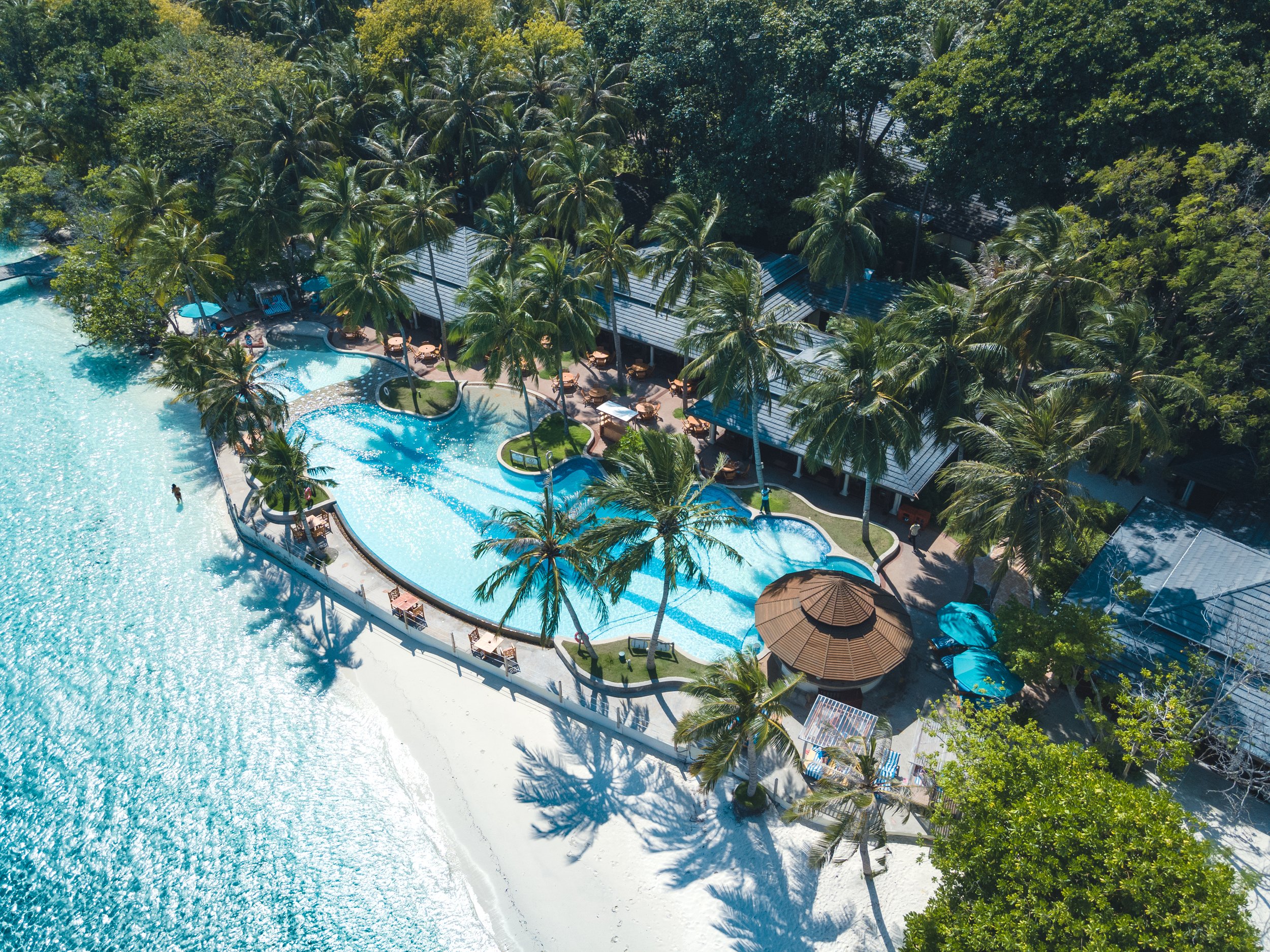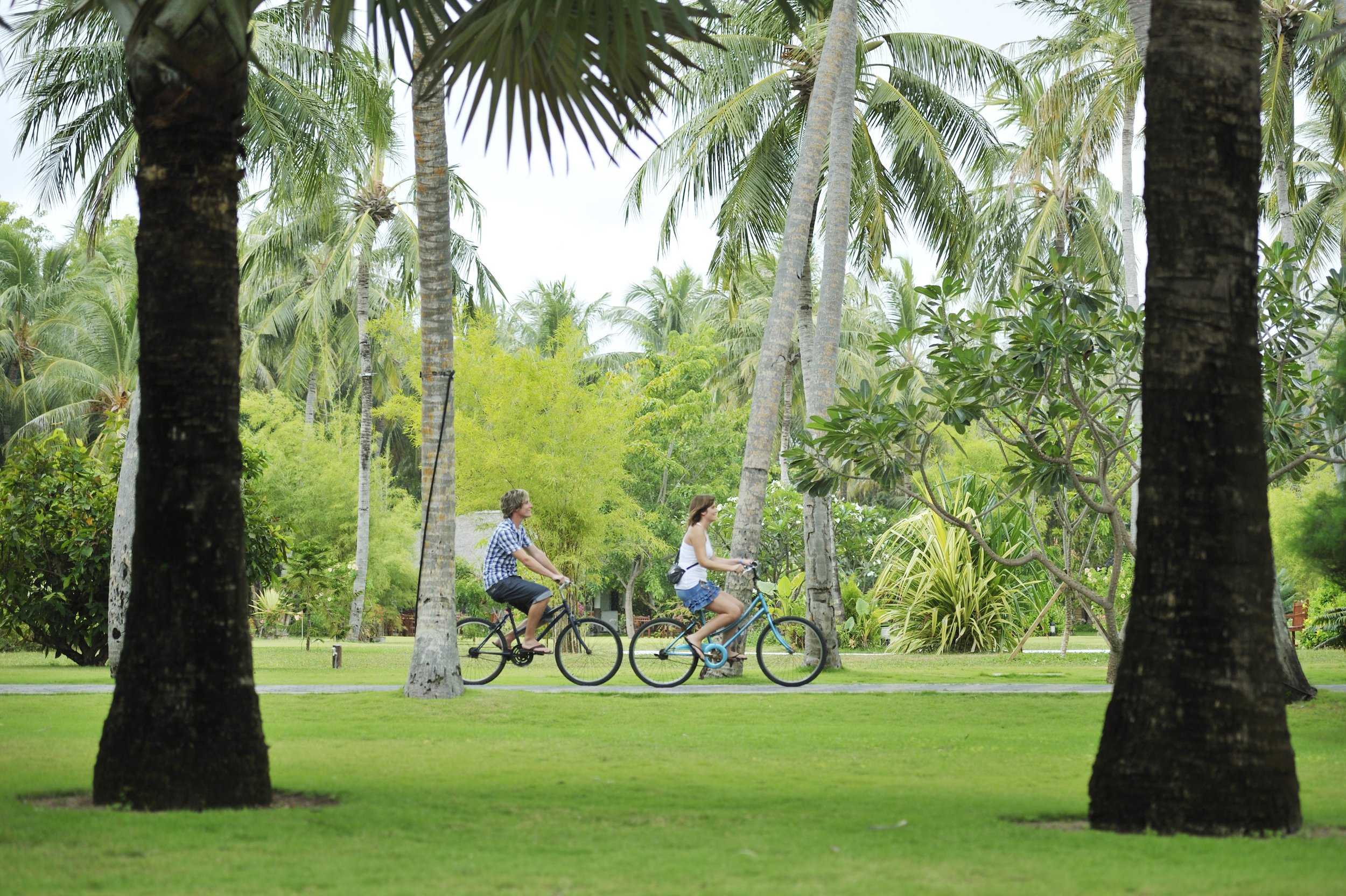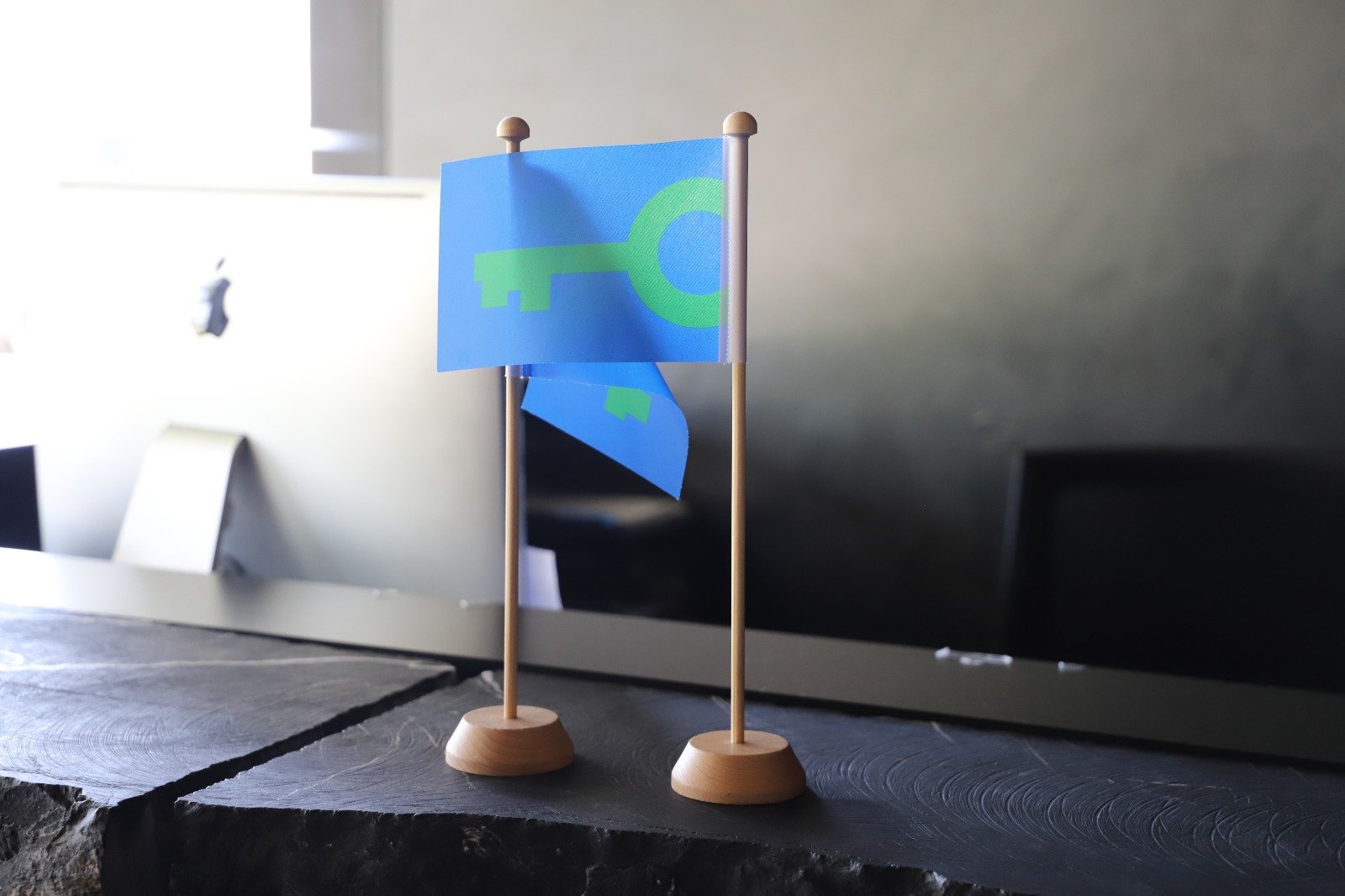The Sun Island and the Royal Island hotels from Villa Hotels & Resorts group have recently received the Green Key certification. The establishments, located in the Ari and Baa Atolls in the Maldives, are the first to hold the eco-label in the archipelago.
The Royal Island Premium All-Inclusive Resort is located in the protected UNESCO Biosphere Reserve of Baa Atoll (©Villa Hotels & Resorts).
The Villa Hotels & Resorts group from the Maldives has two more reasons to be proud of its sustainability journey: the resorts Sun Island and Royal Island have joined the Green Key network, becoming the first to hold the eco-label in the Maldives archipelago. The certifications were granted to the Sun Island and Royal Island resorts after a rigorous process, where the two establishments were assessed against a high set of standards developed by the Foundation for Environmental Education (FEE).
For the Director of Villa Hotels & Resorts group Mahamood Shougee, the Green Key certification reflects the resorts' compromise toward a more sustainable future:
"With the vision to work towards carbon neutrality and fully sustainable islands; the resorts are thrilled to be Green Key certified - a testament to the dedication and passionate efforts the resorts have made towards a sustainable future. The resorts support the ecological balance of the islands while demonstrating a commitment to achieving best practices of environmental and social sustainability. Inviting guests to support the resort in maintaining the lush natural environment while being more environmentally conscious allows guests to immerse themselves in an unforgettable adventure that brings them closer to nature and inspires a deeper connection during their vacation."
Bicycle rental services are available to guests on both resorts. (©Villa Hotels & Resorts)
Over the last years, both establishments have implemented several sustainable practices and actions to reduce their environmental impact. For example, on the Sun Island resort, located in the largest of Maldives Islands, and close to the South Ari Marine Protected Area (SAMPA), the focus has been on cultivating and sourcing local produce later served in the resort's restaurant. Moreover, the Sun Island resort has also replaced plastic water bottles with glass bottles and donated all plastic for recycling in a partnership with a nonprofit organization. Among other sustainable initiatives, the resort has implemented eco-friendly techniques to reduce energy and water consumption, and it also organizes regular clean-ups on the islands with staff members and guests.
Also recently certified by Green Key is the Royal Island Premium All-Inclusive Resort, located in the protected UNESCO Biosphere Reserve of Baa Atoll. Like the Sun Island hotel, the Royal Island resort invites guests to adopt energy and water-saving actions. For example, guests are encouraged to only request towels and linen washing when needed and to recycle and reuse as much as possible. The Royal Island hotel also collaborates with the DiveOceanus dive centre, located in the resort, to promote environmentally sustainable practices. The dive centre is 95% paperless, meaning all training material and administration and registration forms are digitally provided.
The certified Green Key establishments encourage guests to respect and protect local biodiversity (©Villa Hotels & Resorts).
Green Key congratulates the Sun Island and Royal Island resorts for their efforts toward a more sustainable hospitality industry and for being the first Green Key certified establishments in the Maldives.
Visit the Sun Island and Royal Island websites to learn more about their sustainable actions.






